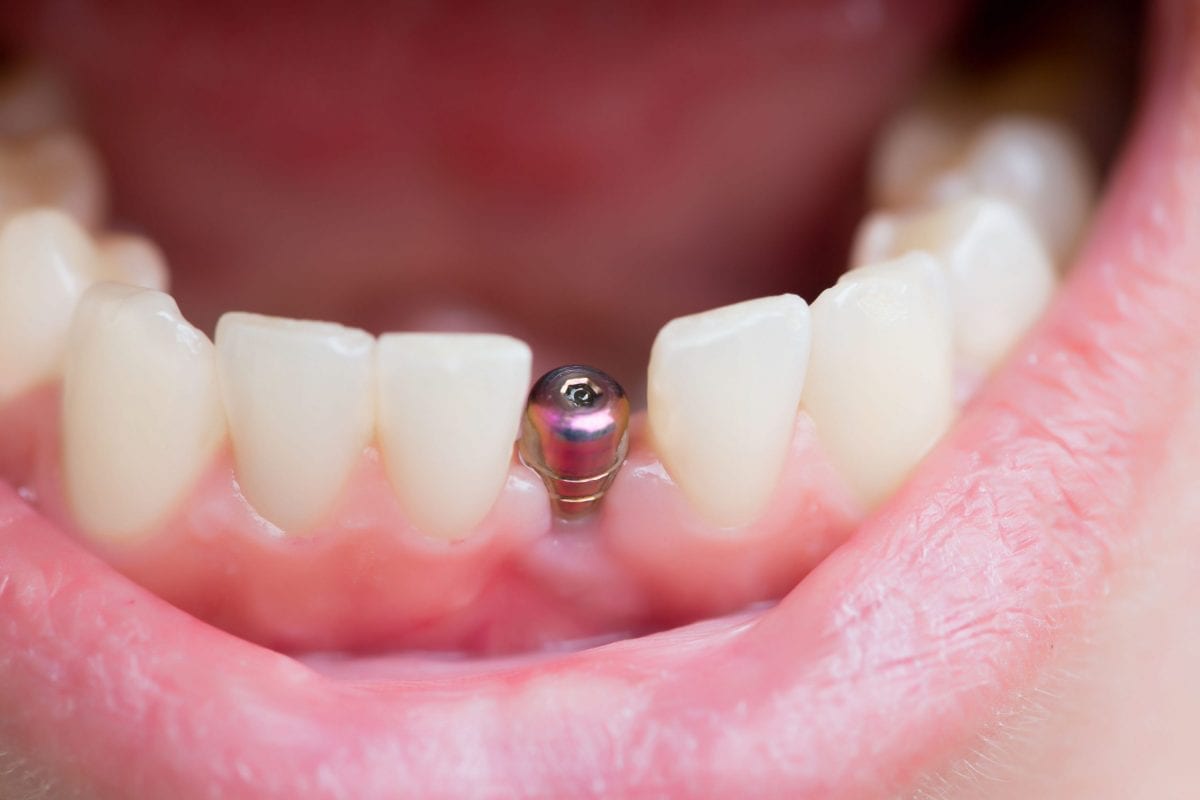Dental implants have become the medical standard of care in restorative dentistry. When a tooth is lost to disease, this creates not only a gap in your bite but a hole that reaches down into your roots. The body naturally seeks to reabsorb the bone tissue below the gum line, which can lead to changes in the structure of the jaw, and ultimately put other teeth in peril.
Bridges and dentures can fill the gap in your bite, but fail to address the changes taking place below the gum line. That’s where dental implants are different. Dental implants are custom made replacement roots that have been shown to fuse with the bone of your jaw, replacing the old structure of your tooth, through a process known as Osseointegration. This process is a 98% effective with no discernable bone loss and represents the finest of modern dentistry. Below we will breakdown the benefits of dental implants as told by the experts at 286MadisonDental.
286 Madison Dental, 286 Madison Ave Suite #500, New York, NY 10017, 212-682-2060
Implant vs. Bridge
Dental bridges are artificial teeth fused to nearby healthy teeth to fill or bridge the gap left by tooth loss. This technique results in reabsorption of the bone below the gum line which affects the health of the jaw and can lead to further tooth damage.
Dental implants allow for osseointegration, the fusing of the titanium root substitute with the jaw bone for a healthy and more natural approach to filling the space caused by tooth loss. Dental implants address the loss both above the gum line and below for a total restorative technique.
The fusing of dental bridges necessitates putting pressure on nearby healthy teeth, which could sacrifice their overall health and appearance. This process creates hard to clean areas of the tooth which could become host to further tooth decaying bacteria.
Dental implants are supported by their titanium roots, much like how a natural tooth is supported. This allows the respectful preservation of all healthy teeth and does not put pressure on any other tooth. Dental implants are shaped and sized to fit neatly into your bite to allow for good oral hygiene techniques to prevent further decay and gum disease caused by bacteria. If you
Implants vs. Dentures
Traditional dentures are fitted to the gum line and glued into place each day. As tooth loss occurs, the gum line warps and changes due to reabsorption of the bone. This leads to poorly fitting dentures.
Implant-supported dentures or “Overdentures” have a better long term fit due to the titanium roots which fuse with the bone of the jaw, preserving the shape of the jaw.
Implant-supported dentures are not subject to the “rocking” and slipping that traditional dentures face over time. They do not need adhesive, because they fit against the titanium roots of your dental implants, mimicking natural teeth.
Traditional dentures include an upper palette piece which helps your dentures to fit snugly. This piece covers your natural palette, which is where much of our sense of taste occurs. With implant-supported dentures, there is no need for this top piece, and the wearer can enjoy foods the way they always have.
Implant-supported dentures are also a closer match to a natural bite. Natural teeth absorb biting pressure up to 540 pounds per square inch. Traditional dentures can only absorb around 50 pounds per square inch of pressure. Implant-supported dentures are back in league with natural teeth, supporting up to 450 pounds per square inch. In Midtown NYC, 286 Madison is the #1 leading provider of dental implants – learn more.
Closing Thoughts on Dental Implants
Since the discovery of osseointegration in 1952, the world of dentistry has made tremendous advancements. Titanium rooted dental implants more closely resemble natural teeth than any other treatment for addressing tooth loss. By integrating with the jaw, dental implants seamlessly and healthfully replace lost teeth both above and below the gum line for long-term healthy treatment.








